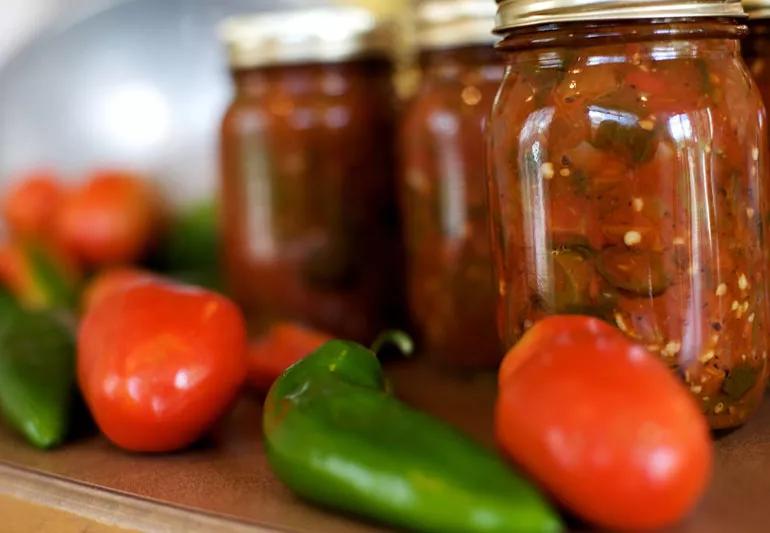The short answer from a dietitian

A: Fresh isn’t necessarily always best. Sometimes fresh vegetables you buy in the grocery store have traveled from a very long distance. After they get picked and packed and transported over the course of several days, they lose some of their nutrients. So frozen vegetables could actually be a better option. They are picked and frozen within hours of being harvested, so they’re going to retain a lot more of their nutrition that way.
Advertisement
Cleveland Clinic is a non-profit academic medical center. Advertising on our site helps support our mission. We do not endorse non-Cleveland Clinic products or services. Policy
Local produce that is grown close to you is also a great, nutritious and cost-effective option. Something you buy at your local farmers market could have been picked that morning, or the day before, so it’s likely fresher than what you’d buy at the supermarket.
Canned vegetables have a very long shelf life. The downside is they often contain sodium. But, you can choose lower sodium versions or rinse your canned vegetables in a colander under running water to get some of the salt off.
So people don’t necessarily have to shy away from canned vegetables. If that’s what you have, use it up. And actually, when it comes to tomatoes, canned tomatoes are going to be healthier than the raw version. Canned tomatoes have been heated, and that increases the amount of lycopene in them that the body can absorb, which is good for eye health.
— Beth Czerwony, RD
Advertisement

Sign up for our Health Essentials emails for expert guidance on nutrition, fitness, sleep, skin care and more.
Learn more about our editorial process.
Advertisement

The tropical fruit is a good source of antioxidants and vitamin C

High amounts of cholesterol and saturated fat in red meat may be linked to heart disease

The leaves and pods from this tree are rich in essential nutrients

This starchy root vegetable is a staple in many global cuisines — but it has to be prepared correctly, or it can cause serious concerns

These delicate green sprouts can give you an extra dose of vitamin K and other nutrients — but they’re not safe for everyone

Edamame, lentils and chicken breast are good sources of protein

Eating this root vegetable can help support your eye, heart and brain health

The flavorful herb is full of antioxidants that may help regulate blood sugar

Even small moments of time outdoors can help reduce stress, boost mood and restore a sense of calm

A correct prescription helps your eyes see clearly — but as natural changes occur, you may need stronger or different eyeglasses

Both are medical emergencies, but they are very distinct events with different causes